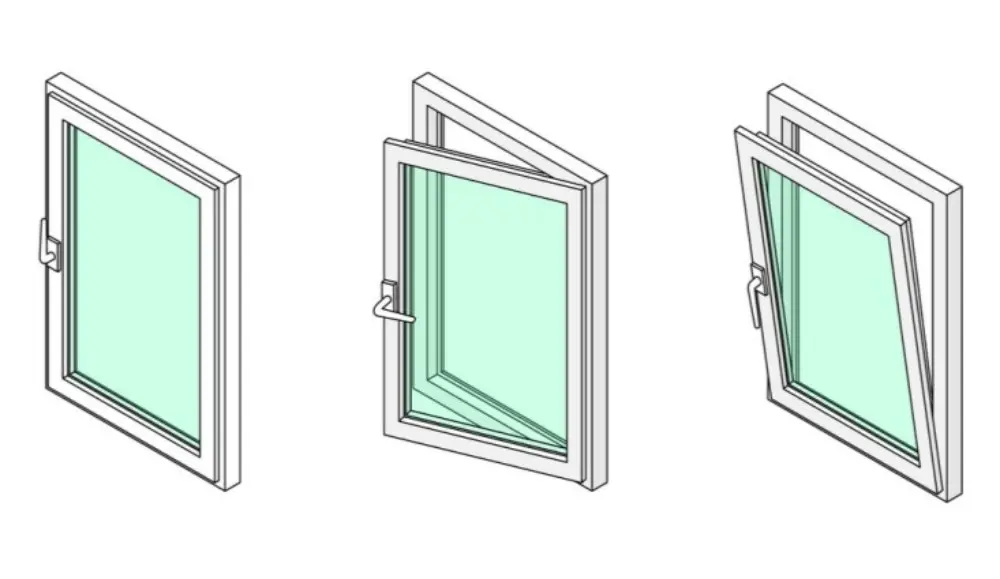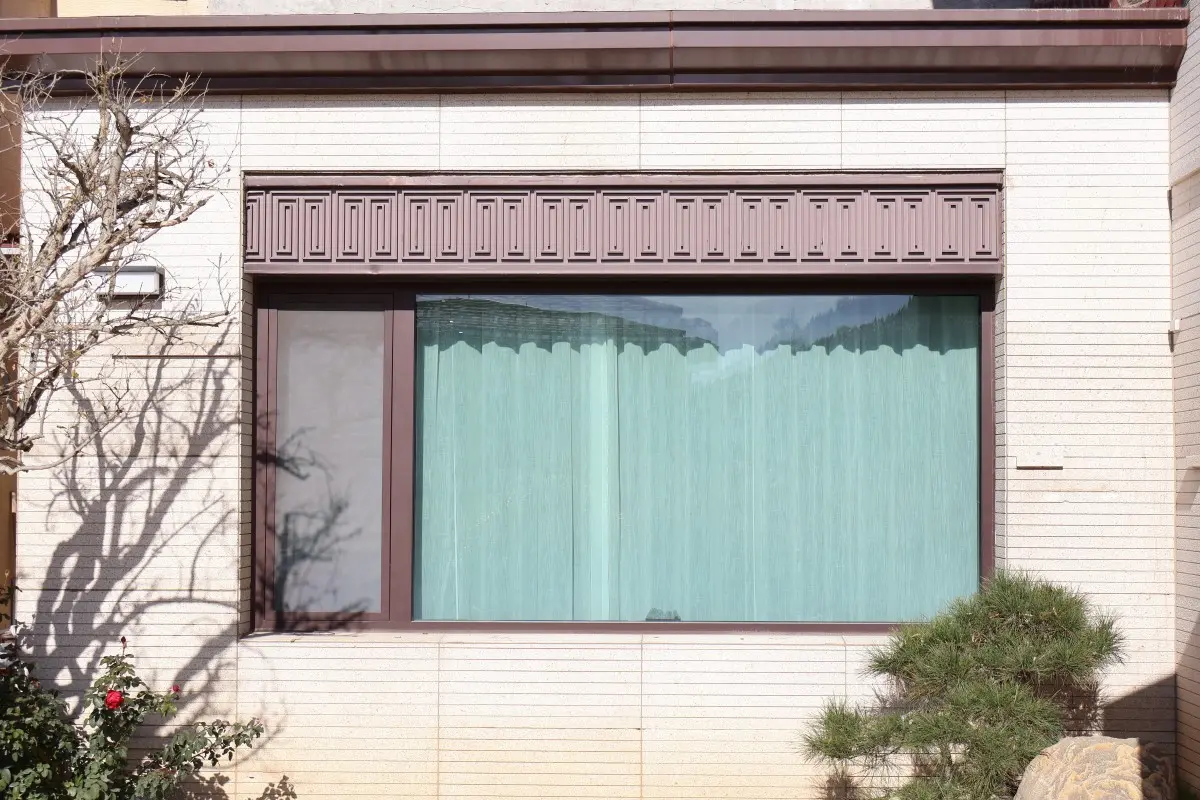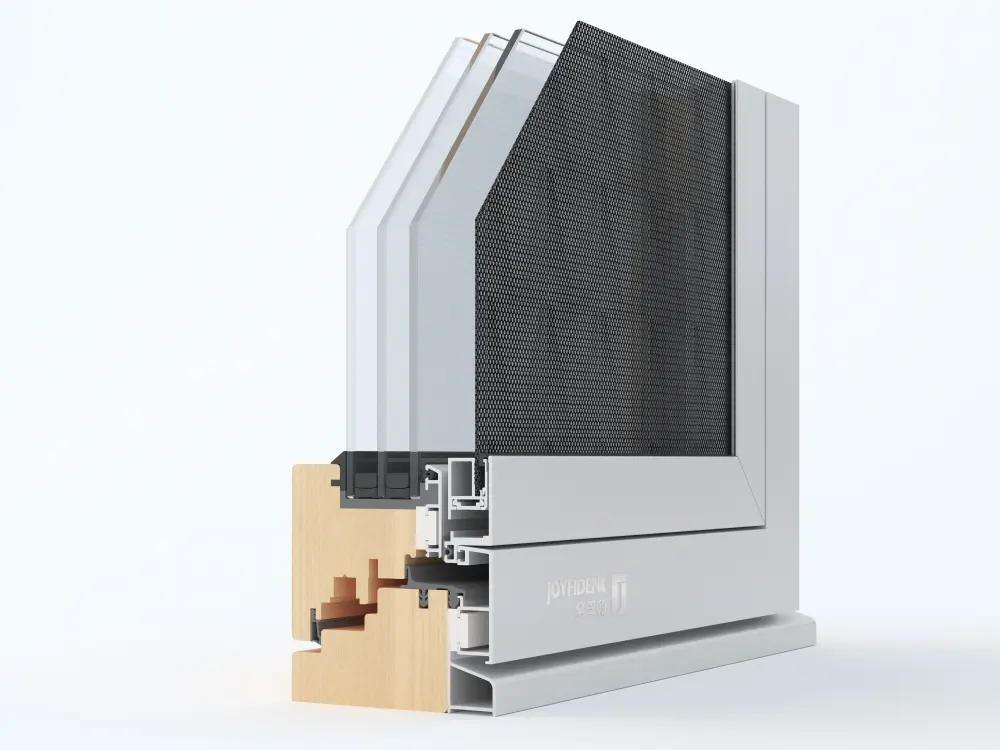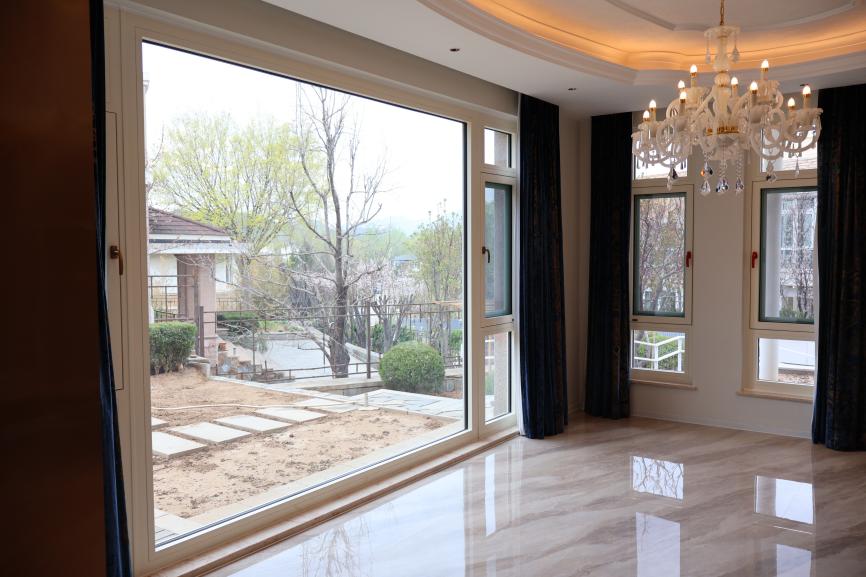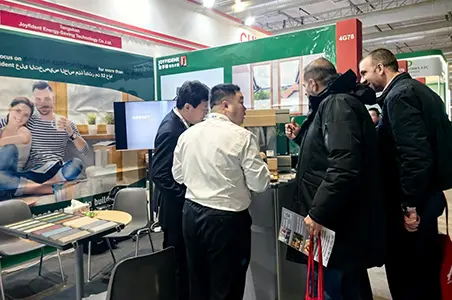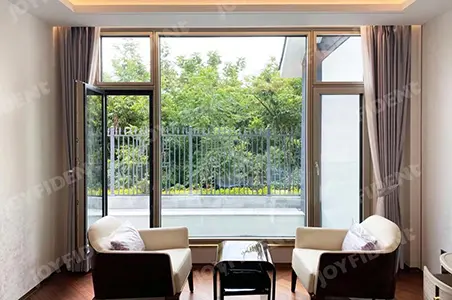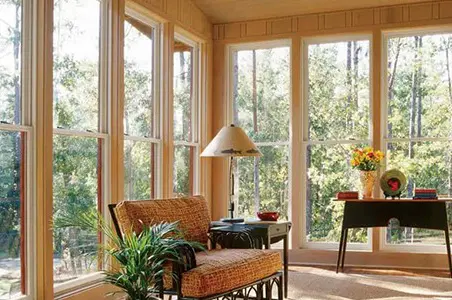A Complete Analysis of Mainstream Window Materials
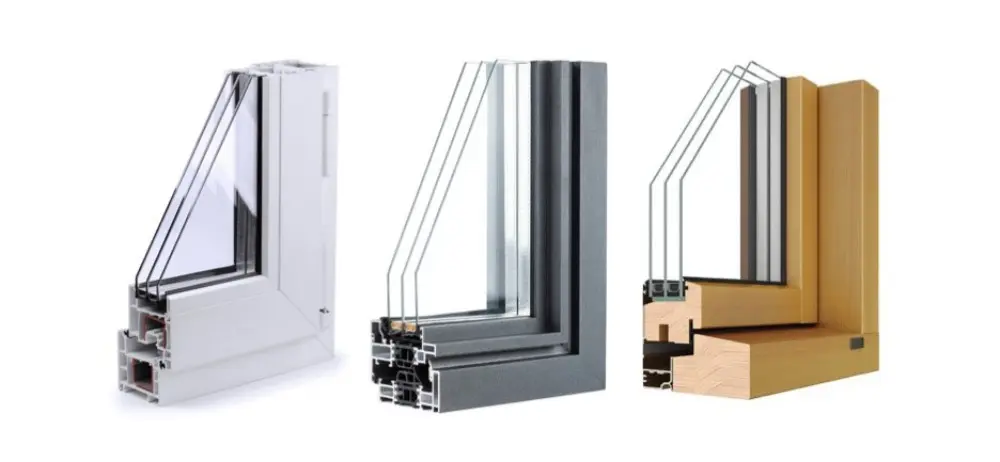
Window materials directly affect sound insulation, heat preservation, durability and compatibility with decoration styles. In the current market, mainstream materials include thermally-insulated aluminum, plastic steel, aluminum-Clad Wood, stainless steel and ordinary aluminum, and their characteristics and applicable scenarios vary significantly.
1. Broken bridge aluminum window
Features and advantages:
Profile structure: PA66GF25 nylon insulation strips are embedded between the inner and outer aluminum to form a "broken bridge" structure to block heat transfer;
Performance:
Energy saving: The thermal conductivity is as low as 3.0 W/(m·K), and the thermal insulation performance is better than that of ordinary aluminum;
Durability: 6063-T5 primary aluminum used, which has excellent corrosion resistance and deformation resistance, and the service life can reach more than 30 years;
Adaptability: It can be matched with three-glass two-chamber hollow glass (filled with argon), and the sound insulation performance is improved by 40%
Limitations and applicable scenarios
Disadvantages: The unit price is relatively high, and customized sealing strips are required for maintenance;
Recommended scenarios: It is applicable to both north and south, especially suitable for street-side residences and severely cold/hot areas.
2. Aluminum-clad Wood Windows
Features and advantages
Composite structure: The inner layer is solid wood (such as oak and pine), and the outer layer is covered with aluminum, taking into account both natural texture and metal protection;
Performance:
Thermal insulation: The thermal conductivity of wood is only 1.3 W/(m·K), and the comprehensive thermal insulation performance after matching with thermally broken aluminum better than that of pure thermally broken aluminum windows;
Decorative: Suitable for high-end decoration styles such as Chinese and European styles, and the wood grain color can be customized.
Limitations and applicable scenarios
Disadvantages: Expensive, wood needs regular anti-corrosion maintenance;
Recommended scenarios: Villas, high-end residences and users with strict requirements on environmental protection and aesthetics.
3. Plastic steel windows
Features and advantages
Material composition: PVC resin + steel lining reinforcement, surface coating or spraying treatment;
Performance:
Economy: Lowest unit price , suitable for projects with limited budget;
Sound insulation: Due to the low density of the material, the sound insulation effect of medium and low frequencies is weaker than that of broken bridge aluminum.
Limitations and applicable scenarios
Disadvantages: Easy to age and discolor (yellowing after ultraviolet radiation), low strength, use with caution in high-rise buildings;
Recommended scenarios: renovation of old communities, temporary buildings and low-rise non-extreme climate zones.
4. Ordinary aluminumwindows
Features and advantages
Basic performance: Lightweight, strong weather resistance, can be processed into a variety of window types such as sliding and opening;
Economy: Moderate price, suitable for short-term use needs. Limitations and applicable scenarios
Disadvantages: No insulation design, easy condensation in winter, high energy consumption;
Recommended scenarios: Shops, warehouses and other places with low insulation requirements.
5. Stainless steel windows
Features and advantages
Durability: Corrosion-resistant, impact-resistant, and has the longest service life in extreme environments;
Safety: High strength, better anti-theft performance than other materials.
Limitations and applicable scenarios
Disadvantages: Poor insulation, heavy weight, high installation cost;
Recommended scenarios: Industrial buildings, coastal high salt fog areas and places with special security needs.
Purchase suggestions
Energy saving first: In cold northern regions, thermally-broken aluminumor aluminum-clad wood windows are preferred, with three-glass and two-chamber glass;
Balanced cost performance: Thermally-broken aluminum Casement Windows are recommended for ordinary residences, taking into account both performance and cost;
Old renovation: Plastic steel windows are suitable for short-term low-cost renovation, but the sealing needs to be checked regularly;
High-end decoration: Aluminum-clad wood windows are suitable for villas, clubs and other scenes, and require sufficient budget.
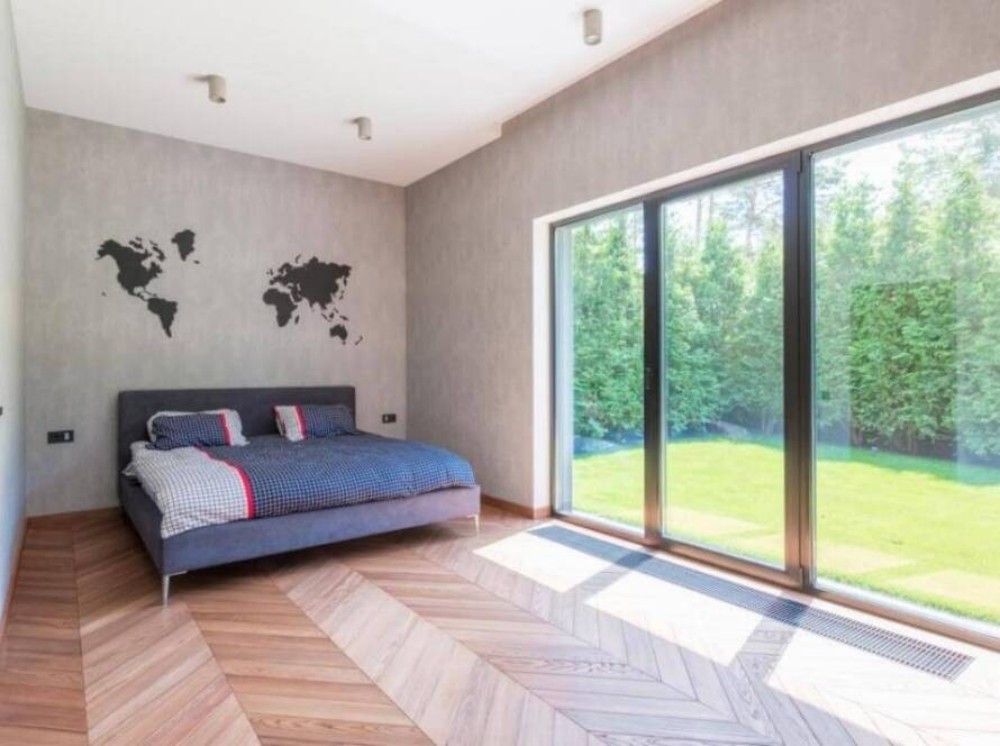
At present, leading brands have optimized product performance through profile upgrades and smart accessories (such as APP control). Consumers can give priority to manufacturers that provide long warranty services.






